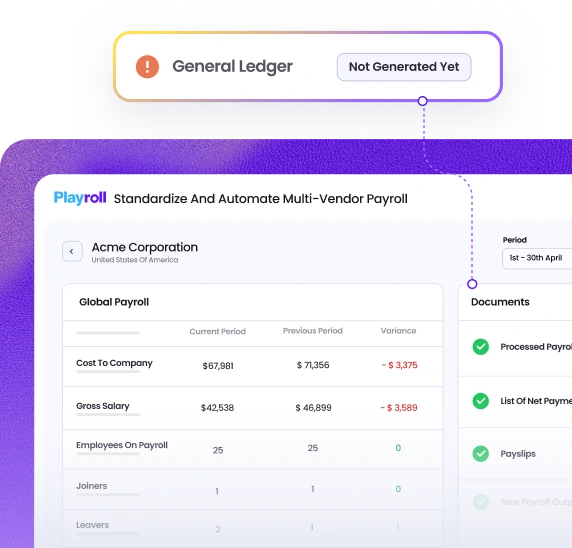What is a Good Salary in West Virginia?
What is considered a 'good' salary can vary based on factors like location, lifestyle, and industry. A salary in the range of $50,000 to $70,000 is generally considered comfortable for a single person in West Virginia. High-paying fields like healthcare and engineering can offer salaries reaching up to $100,000 or more, while more common roles such as administrative assistants typically earn around $35,000 to $45,000.
Average Salary by Cities in West Virginia
The cost of living can vary widely from one city to another, and that impacts both how far salaries stretch and what professionals expect in terms of pay. Cities with higher living costs – like those with hot housing markets or tech hubs – tend to have higher salary expectations.
Familiarizing yourself with the average salary ranges per location can help you plan better and make sure your compensation packages are in line with local expectations to attract and retain top talent. Here’s a quick look at salary ranges across different cities in West Virginia, to get a sense of competitive salaries based on local factors:
| City | Monthly Salary | Annual Salary |
|---|
| Charleston | $5,894 | $70,728 |
| Morgantown | $4,523 | $54,283 |
| Huntington | $4,600 | $55,206 |
| Parkersburg | $4,407 | $52,892 |
| Wheeling | $4,203 | $50,442 |
Salary Earnings Based on Experience Level in West Virginia
Salaries naturally increase with experience – this applies to both new hires and existing team members. When planning for new positions, it's important to consider how salary ranges change at different seniority levels. This will help ensure you're meeting salary expectations, retain employees and create a fair working environment.
Here’s a breakdown of how monthly and annual salary ranges grow with experience in West Virginia:
| Experience Level | Monthly Salary | Annual Salary |
|---|
| Entry-Level Jobs (0-2 years experience) | $2,583 – $4,583 | $31,000 – $55,000 |
| Mid-Level Jobs (3-5 years experience) | $4,583 – $6,250 | $55,000 – $75,000 |
| Senior Roles & Managers | $6,250 – $8,750 | $75,000 – $105,000 |
| Executive & C-Level | $8,750 – $17,250 | $105,000 – $207,000 |
Average Salaries by Job Title in West Virginia
Building a competitive compensation package means knowing what the going rate is for specific roles. We’ve compiled the most recent salary data by job title for West Virginia, making it easier for you to compare roles, match your offers with the market, and make sure your team is paid fairly.
| Job Title | Monthly Salary | Annual Salary |
|---|
| Accountants and Auditors | $4,833 | $58,000 |
| Software Developers | $6,500 | $78,000 |
| Human Resources Specialists | $4,333 | $52,000 |
| Market Research Analysts | $5,000 | $60,000 |
| Financial Analysts | $5,417 | $65,000 |
Highest Paying Jobs in West Virginia
- Chief Executive Officer (CEO): $207,000
- Software Developer: $78,000
- Marketing Manager: $83,000
- Financial Manager: $92,000
- IT Manager: $89,000
- Engineering Manager: $90,000
- Data Scientist: $80,000
- Operations Manager: $80,000
- Pharmacist: $110,000
- Attorney (Lawyer): $85,000
Monthly Cost of Living in West Virginia
In West Virginia, the cost of living is well below the national average, making it one of the more affordable states in the U.S. Housing expenses are about 28% lower than the national average, offering affordable options for both renters and homeowners. Utility costs are also lower, running around 6% below the national average. Transportation expenses, including gas prices, are roughly 4% lower than the national average, reflecting the state’s more rural nature and lower traffic congestion.

Median Home Price
$170,904

Energy Bill
$158.15
/ month
Compliant, In-State Payroll Processing in the U.S. with Playroll
We cut payroll processing time by 80%, ensure full compliance, and provide hands-on support for both employers and employees.
-

Local, state-accurate payroll execution
-

Consolidate payroll inputs and variance reporting
-

State-specific compliance, taxes, and filings built-in







.svg)
.svg)
.svg)








.svg)



.png)
.webp)
.webp)








.svg)